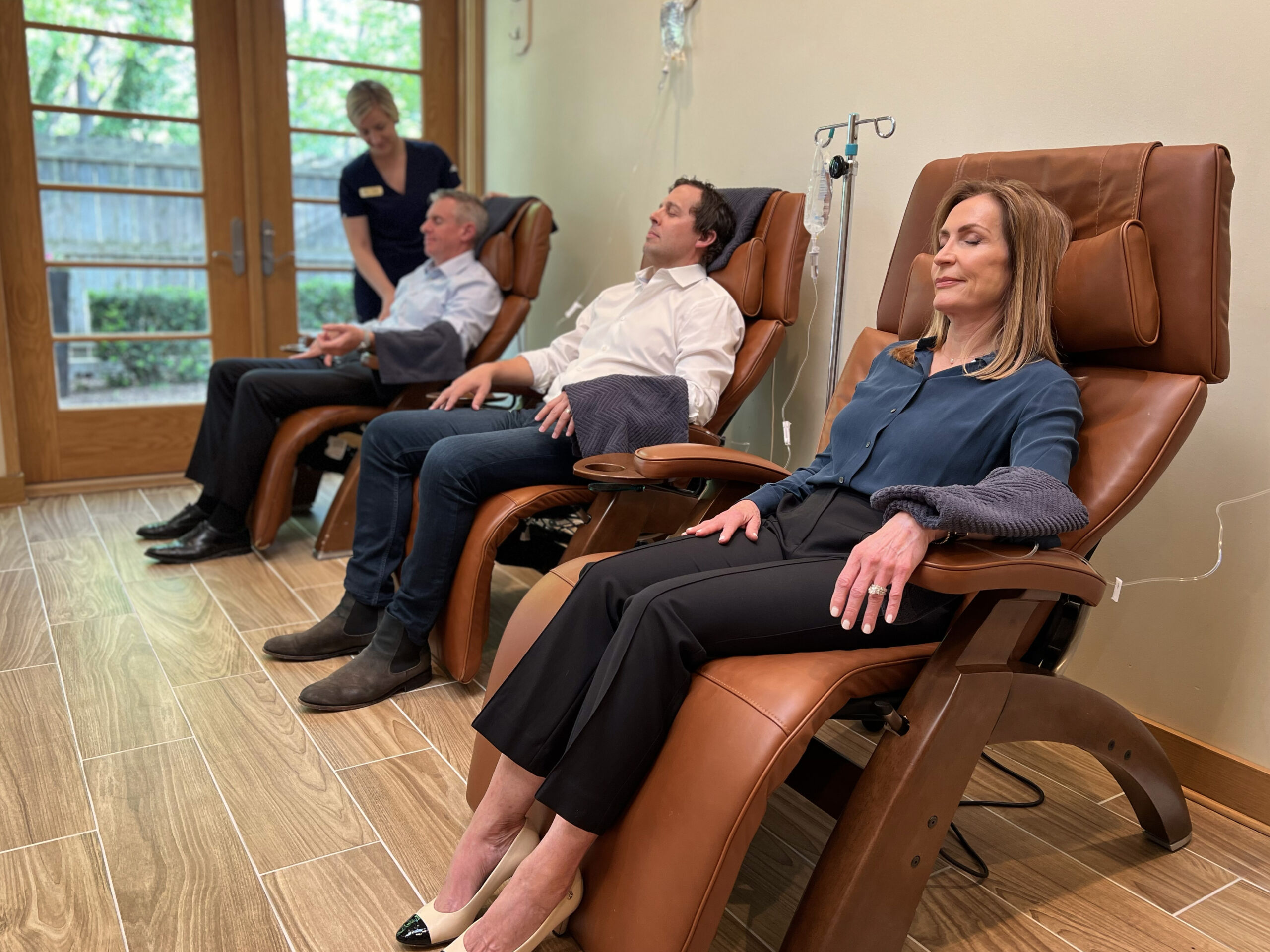Gaining Clarity on Brain Fog
Have you ever tried to unlock your front door with your car keys? Or typed your phone passcode into the ATM and wondered why it wasn’t working? Or walked into a room and completely forgotten why you were there?
All of us have probably experienced episodes like this at some point in our lives. It’s not uncommon to forget someone’s name or where you parked the car. However, if you find these incidents happening frequently or on a daily basis, you may be suffering from persistent brain fog.
Brain fog is not a medical condition in itself; rather, it refers to a series of symptoms. Many describe it as mental fatigue, short-term memory loss, confusion, an inability to focus, forgetfulness, or poor concentration.
Dr. Sita Kedia, neurologist and Chief Medical Officer at PALM Health, explains that forgetting is a natural part of memory. “The reason that we oftentimes forget is not because of memory issues, but because we are distracted by everyday life. There’s a lot of information, and it’s hard to take it all in,” she says.
She explains that the human brain is biologically designed to forget information it receives. “We are constantly taking in sensory information, and we don’t remember all the details because it was just for a moment and it’s not important,” Dr. Kedia elaborates. “Our brains are constantly deciding whether to let that information go or to do something with it. The issue is when forgetting becomes a hindrance to everyday life.”
Brain fog that starts to interfere with daily tasks could be an indication of a deeper, underlying problem. Common issues such as depression, food sensitivities, hormonal changes, ADHD, chronic stress, or anxiety may explain brain fog that occurs on a regular basis. In some cases, rarer or more serious conditions such as chronic fatigue syndrome, multiple sclerosis, fibromyalgia, Lyme disease, post-concussion syndrome, mild cognitive impairment, or dementia may be the root cause, although the likelihood of this is much lower.
What can we do to combat constant mental fogginess? The good news is that we can reduce the severity of brain fog and potentially eliminate it by refining our lifestyle behaviors and taking steps to improve our overall health.
“At PALM, we continue to emphasize sleep, exercise, stress management, and good nourishment,” Dr. Kedia advises. “So many diseases are affected by the same risk factors. So let’s do something about it. Let’s take action on the things that we can control. We can control our environment. We can control what we do at the gym, what foods we eat, what time we go to bed.”
Dr. Kedia recommends getting at least 8 hours of sleep per night, exercising regularly, avoiding processed and sugary foods, reducing alcohol consumption, drinking plenty of water, and managing stress levels.
In addition to making healthy lifestyle changes, using non-traditional wellness therapies may have a positive effect on reducing brain fog for some individuals. Neurotherapist Ashley Wiegand describes how neurofeedback, a method of brain training, can help improve mental clarity. “You can use neurofeedback for a lot of applications to help improve brain function. It’s a fantastic option if you don’t want to use medications, specifically stimulants. It’s pain-free; it’s non-invasive. It’s also an engaging and interactional therapy.”
Wiegand describes a typical neurofeedback session. “Sensors are placed on the scalp to record brainwave activity, and then as the patients shift their brain in the direction they need it to go, such as a more focused state, they will see a change on a screen. That could be a game, for instance: a rollercoaster will go faster as they are more focused, and it will go slower as they are distracted.”
Another brain-boosting option that Dr. Kedia recommends is taking neuroplasticity classes, which are offered at PALM Health each week. Participants in the class follow an instructor, who leads them through various rhythmic and sequence-based activities focused on stimulating the parts of the brain that make new neural connections.
In short? You don’t have to keep misplacing your glasses, forgetting appointment times, or calling your wife by your sister’s name. There’s hope for people with brain fog to improve their mental clarity and live a life free from disruptive memory issues.








